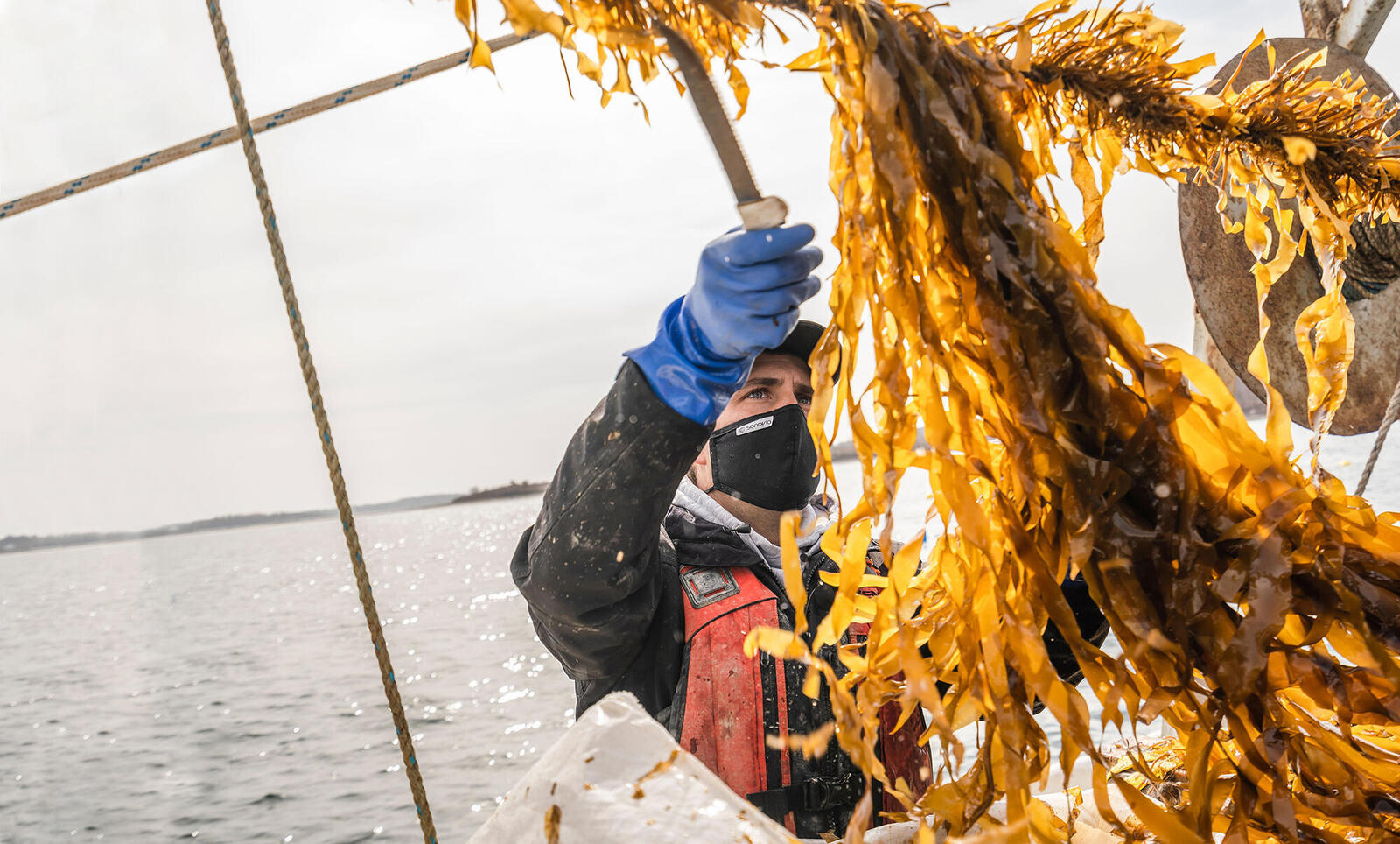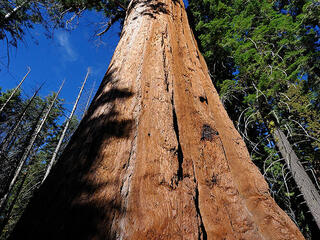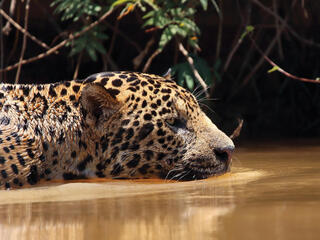CHEBEAGUE ISLAND :: MAINE, USA
On a chilly morning in March 2021, Matt Moretti sliced seaweed off a line during Bangs Island Mussels’ yearly harvest. This aquaculture farm specializing in mussels and kelp sells every pound of seaweed they harvest to local processor Atlantic Sea Farms, which packages it and sells it to grocery stores and restaurants around the country.
With a master’s degree in marine biology, Moretti was inspired to grow kelp well before he had a ready market: “I always had this sneaking suspicion, based on what I’d read, that the mussels and the kelp would benefit each other,” he says.
Now that suspicion is being backed up by data. Scientists have estimated that, globally, seaweed sequesters as much carbon as mangroves, seagrasses, and salt marshes combined. It also absorbs excess nutrients like phosphorus and nitrogen. At nearby Bigelow Laboratory for Ocean Sciences, Dr. Nichole Price is researching how seaweed carbon capture might alleviate ocean acidification and lead to improved shell growth for shellfish. Her first research site is in the waters where Bangs Island Mussels grows crops.
Over the next decade, with support from WWF, Price will expand her research to sites with varying sizes, conditions, and seaweed species in Alaska and Norway. The research holds a special place in Price’s heart. “We all get jazzed about science,” Price admits. “But when it’s science that has an application toward mitigating climate change and environmental degradation, you just get an extra spark.”



